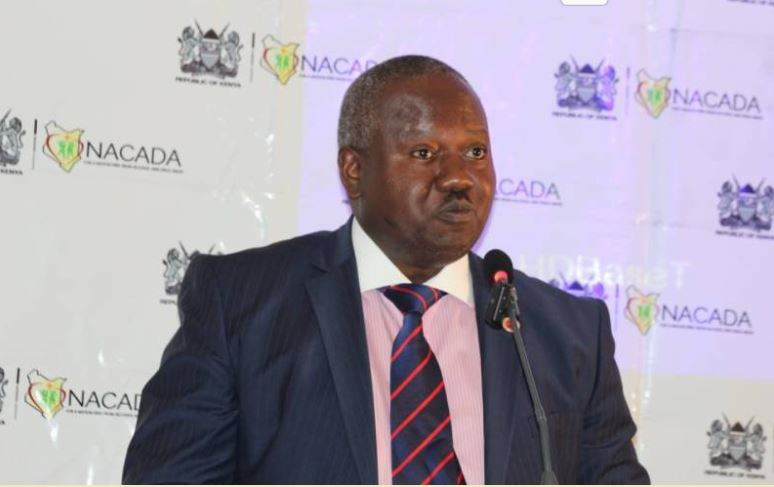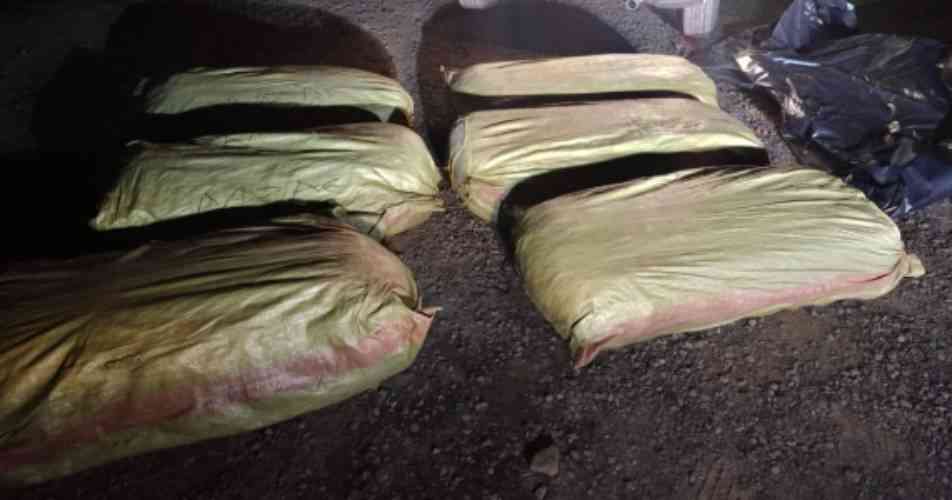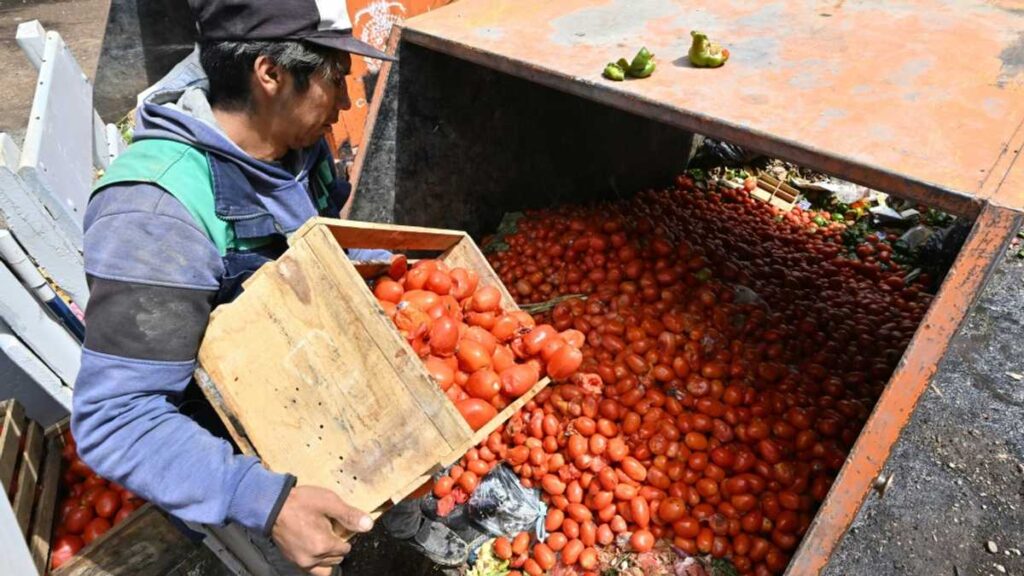Liquor traders and alcohol manufactures have raised concerns over proposals contained in the National Policy for the Prevention, Management and Control of Alcohol, Drugs and Substance Abuse.
The lobby groups criticised the National Authority for the Campaign Against Alcohol and Drug Abuse (NACADA), for developing the draft policy on alcohol consumption, sale and distribution without adequate consultation.
According to Metropolitan Small and Medium Liquor Traders Association (MELTA), the proposals are sweeping and punitive. MELTA Chairperson Francis Mbogo warned of job losses and disruption to small businesses already struggling in a tough economy.
“The policy, if passed in its current form, would severely hurt small businesses, disrupt legal and regulated trade, cause mass unemployment, and worsen the illicit alcohol crisis in the country,” said Mbogo.
He noted that the alcohol industry is a major employer. “Thousands of small business owners, distributors, retailers, waiters, security staff, cleaners, transporters, and entertainment professionals depend on the safe, regulated sale and consumption of alcohol. The majority of these are young people and women whom the government seeks to empower through employment,” he said.
He argued that it is counterproductive for the state to pursue a policy that could force many legitimate businesses to close, trigger mass job losses, and drive previously regulated trade into the black market, where abuse is harder to control.
The Alcoholic Beverage Association of Kenya (ABAK) criticised NACADA for developing the draft policy without consulting alcohol manufacturers.
The association, however, anticipates opportunities for stakeholder and public participation during the legislative process in Parliament and county assemblies.
“ABAK is supportive of responsible consumption of alcohol beverages, fight against illicit and prevention of underage drinking. However, it is unfortunate that the policy was developed without the input of alcohol manufacturers who could have added valuable inputs to the policy,” ABAK noted in a statement.
The Association noted that there are currently adequate restrictions in national and county government laws to curb the abuse of alcohol. This follows the draft NACADA’s policy on alcohol, sale, consumption and supply.
According to the association, currently, there are sufficient laws that regulate the manufacture, distribution, advertising, and sale of alcohol at both the national and county levels.
The association acknowledged that inadequate enforcement has led to a prevalence of illicit alcohol in the market, with 60 per cent of alcohol consumed in Kenya being illicit, as per a study by Euromonitor International commissioned by ABAK.
“This means, regardless of the current legal drinking age of 18 years, Kenyans have more access to illicit alcohol than they do to legal alcohol,” ABAK stated.
MELTA noted that they support responsible drinking, regulation that protects minors, public awareness campaigns, enhanced rehabilitation services, and crackdown on illicit and unregulated alcohol.
Stay informed. Subscribe to our newsletter
“However, regulation must not mean eradication of an entire legal industry that contributes to tax revenue, tourism, urban growth and employment. The best way forward is to strengthen enforcement of existing laws, not introduce overly prohibitive ones that are difficult to implement and likely to push alcohol sale and consumption underground,” stated Melta.
[Emmanuel Kipchumba, Esther Diana and Mourice Odiwuor]

























